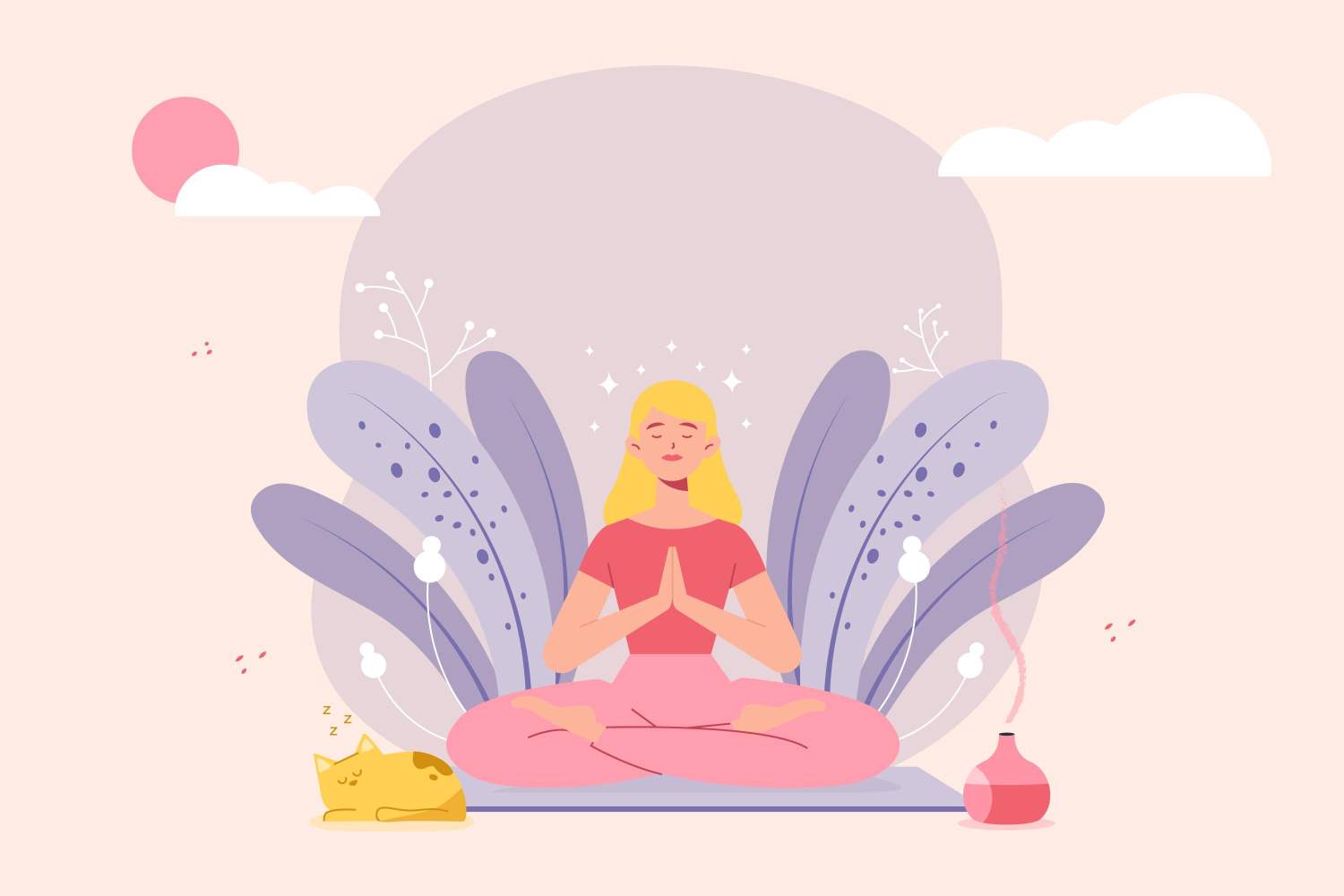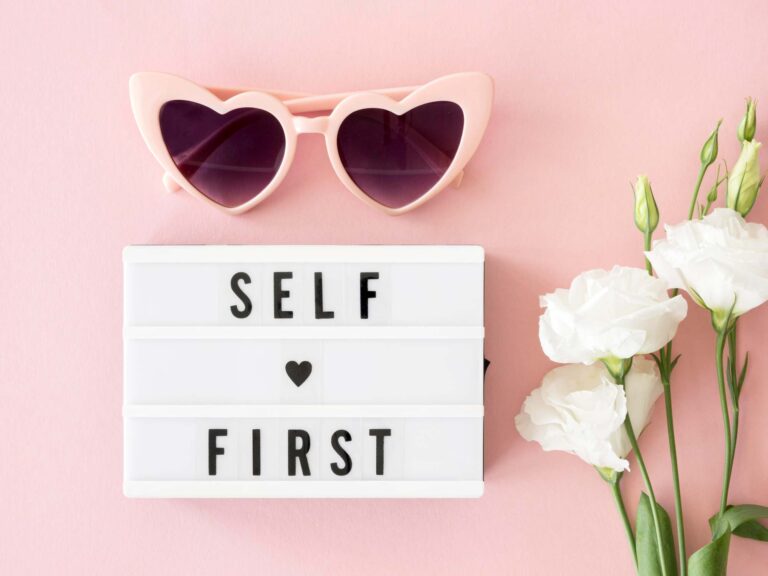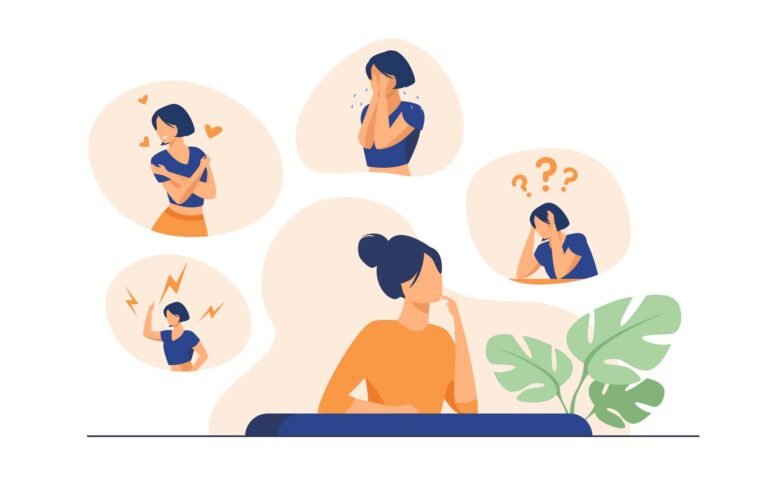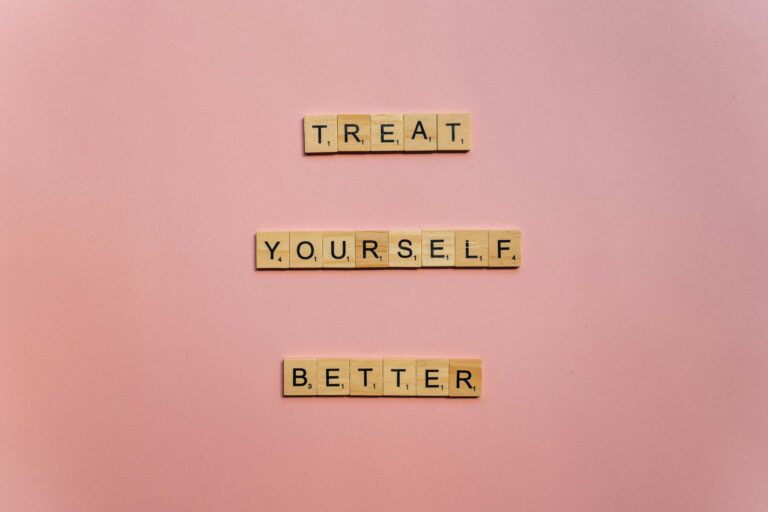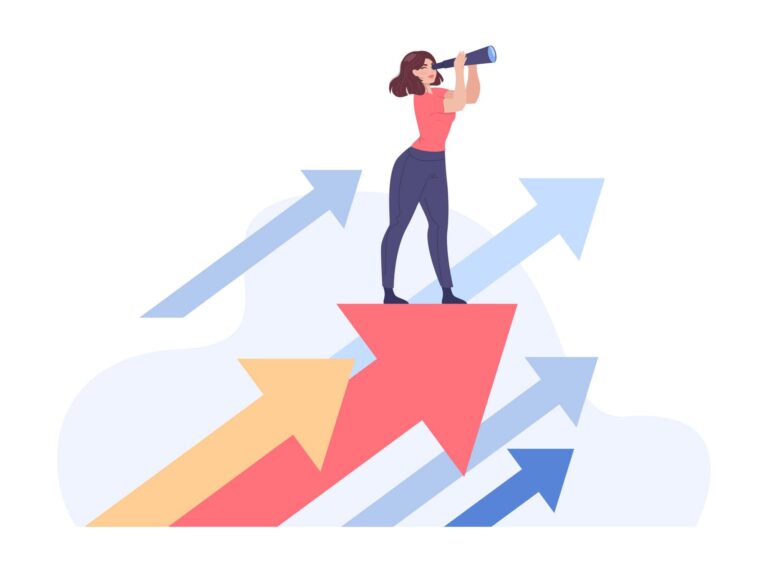How to start your self development journey: The complete beginner’s guide
You’ve felt it – that quiet sense that there’s more to life than what you’re currently experiencing. Maybe you’re scrolling through social media watching other people live their dreams while you feel stuck in the same patterns. Or perhaps you wake up every day knowing you’re capable of more but have no idea where to start.
That feeling isn’t a sign something’s wrong with you. It’s actually your inner wisdom telling you it’s time to grow. It’s your potential knocking, asking for permission to emerge.
Self development isn’t some mystical concept reserved for life coaches and motivational speakers. It’s simply the practice of growing into the best version of yourself. Not chasing perfection, not trying to become someone else, just progress toward who you’re meant to be.
But here’s what trips up most beginners – they think self development means overhauling their entire life overnight. They jump into complex systems, try to fix everything at once, and burn out before they even get started.
This guide will show you a different way – a simple, sustainable approach that actually works. Because real transformation doesn’t happen through dramatic overhauls. It happens through small, consistent steps that compound into profound change.
What self development actually is and what it’s not
Before we dive into the how-to, let’s get crystal clear on what we’re talking about here, because the self development space is full of misconceptions that keep people stuck.
Self development IS:
- Intentionally growing into the best version of yourself,
- Building awareness of your patterns, strengths, and blind spots,
- Creating habits and mindsets that support your growth,
- Learning to navigate life’s challenges with more skill and confidence,
- Becoming more aligned with your values and authentic self.
Self development is NOT:
- Trying to become someone else or copying another person’s journey,
- Hustling 24/7 or forcing yourself to be “productive” every moment,
- A quick fix that will solve all your problems in 30 days,
- About being perfect or never making mistakes,
- Constantly grinding to prove your worth.
The goal isn’t to become a productivity machine or eliminate every flaw. It’s to grow into someone who feels more authentic, confident, and genuinely content with their life. Understanding this distinction starts with knowing whether you’re approaching life from a fixed or growth perspective.
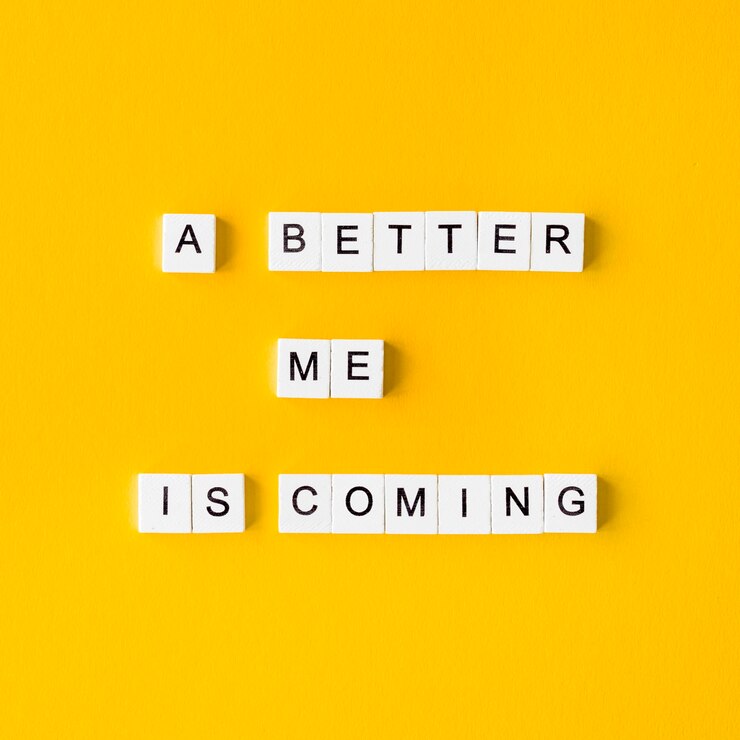
The 5 steps to begin your self development journey
Three years ago, I was drowning in self-help content but getting nowhere. Seventeen apps, five half-read books, failed attempts at perfect morning routines. I’d start everything on Monday and crash by Wednesday, feeling like a complete failure.
The problem wasn’t my willpower. I had no idea where I actually was or where I was trying to go. I was throwing random solutions at unclear problems.
That’s when I stopped consuming and started creating – this simple framework that actually worked for someone as overwhelmed as I was. This guide is exactly what I wish I had back then.
It’s a simple, proven framework that cuts through the overwhelm and gives you a clear path forward. Each step builds on the previous one, creating momentum without burnout.
Step 1: Decide who you want to be
Before you can change your life, you need to know what you’re changing toward. This isn’t about setting specific goals like “lose 20 pounds” or “make six figures.” It’s about envisioning the kind of person you want to become.
💭Reflection questions (spend 15-20 minutes journaling):
- Think about someone you admire – what specific qualities do they have that you want to develop?
- When you’re at your absolute best, what are you like? How do you show up in the world?
- What values matter most to you when you imagine living authentically?
- How do you want to handle stress, conflict, and challenges?
- What kind of energy do you want to bring to your relationships?
- If you were completely confident and secure, what would you do differently?
- What does “success” mean to you personally (not what others expect)?
🔥Challenge: Write your future self letter
Write a detailed description of your ideal future self as if you’re introducing them to someone else. Include:
- Their core values and how they live by them,
- How they treat themselves when they make mistakes,
- Their daily habits and mindset,
- How they handle difficult situations,
- The energy they bring to relationships,
- What drives and motivates them.
For example: “My future self is confident without being arrogant. They set boundaries without guilt because they understand their worth. They pursue creative projects even when they feel scared because growth matters more than comfort. They treat themselves with the same kindness they show their best friends. They don’t need everyone’s approval to make decisions because they trust their own judgment.”
👉 Upgrade: Create your identity statement
Put your vision into one powerful sentence that captures who you’re becoming:
- “I am someone who…”
- “I am the type of person who…”
- “I trust myself to…”
Examples:
- “I am someone who speaks up for what matters to me.”
- “I am the type of person who keeps commitments to myself.”
- “I trust myself to make decisions that align with my values.”
Write this statement somewhere you’ll see it daily. This becomes your North star – not a rigid goal, but a direction to move toward.
Step 2: Identify the gap between now and future you
Now comes the honest part. Look at the person you described and compare them to who you are today. This isn’t about beating yourself up – it’s about understanding what actually needs work so you can focus your energy effectively.
💭Reflection questions:
- What’s the biggest difference between who I am now and who I want to become?
- In what situations do I act least like my future self?
- What patterns or habits keep me stuck in old versions of myself?
- What fears or beliefs hold me back from being that person today?
- When do I feel closest to my future self? What’s different in those moments?
🔥Challenge: The gap analysis
Create two columns on a piece of paper: Future self vs. current self
- Future self is confident. → Current self second-guesses every decision.
- Future self sets boundaries. → Current self says yes to everything and feels resentful.
- Future self pursues creative projects. → Current self procrastinates on anything important.
- Future self is kind to themselves. → Current self has a harsh inner critic.
- Future self trusts their judgment. → Current self seeks validation from others.
👉Upgrade: Find your growth edge
Look at your gap analysis and identify your “growth edge” – the one shift that would create the biggest positive ripple effect in your life.
Ask yourself:
- Which gap, if closed, would positively impact multiple areas of my life?
- What change would build my confidence to tackle other areas?
- Where do I have some control and ability to make progress?
Circle this area. This becomes your primary focus for the next 2-3 months.
Troubleshooting common blocks:
- If the gaps feel overwhelming: Remember, you’re not trying to become a different person overnight. You’re identifying where to focus your growth energy.
- If you judge yourself for the gaps: Every person who seems “naturally” confident or successful started with similar gaps. This is data, not a verdict.
- If you can’t see any gaps: You might be in denial or fear mode. Ask a trusted friend what they see, or consider areas where you feel stuck or frustrated. Sometimes self-discovery requires the right questions.

Step 3: Score areas of your life
Get a bird’s-eye view of where you stand by rating different areas of your life. This reveals patterns you might not have noticed and helps you see which areas need attention most.
🔥Challenge: Life assessment wheel
Rate each area on a scale of 1-10 (where 10 means you’re completely satisfied):
- Physical health (energy, fitness, sleep, nutrition): ___/10
- Mental/emotional health (stress management, self-talk, emotional regulation): ___/10
- Relationships (family, friends, romantic, social connections): ___/10
- Career/purpose (fulfillment, growth, alignment with values): ___/10
- Personal growth (learning, self-awareness, spiritual development): ___/10
- Finances (security, management, stress levels around money): ___/10
- Environment (home, workspace, digital spaces): ___/10
- Fun/recreation (hobbies, play, adventure, spontaneity): ___/10
💭Reflection questions:
- Which areas scored highest? What’s working well there?
- Which areas scored lowest? What’s contributing to those scores?
- Are there any surprises in your ratings?
- Which low-scoring area affects your daily life the most?
- If you could only improve one area, which would have the biggest positive impact?
👉Upgrade: Find your leverage points
Look for patterns in your scores:
- High-scoring areas: What can you learn from these areas to apply elsewhere?
- Connected areas: Which areas, if improved, would naturally boost others? (Example: Better mental health often improves relationships and work performance)
- Foundation areas: Which areas support everything else? (Health and mindset often form the foundation for other areas)
Example pattern recognition:
“I notice my relationships are strong (8/10) but my personal growth is low (3/10). Maybe I focus so much on others that I neglect myself. If I worked on personal growth, I might have more to give in relationships AND feel more fulfilled personally.”
Troubleshooting:
- If everything scores low: Start with the area that feels most manageable or exciting to work on.
- If you struggle to rate honestly: Ask yourself what you’d tell a friend in your exact situation.
- If you want to improve everything: Remember, focus creates momentum. Pick ONE area to start with.
Step 4: Choose one area to focus on first
Here’s where most people go wrong – they try to improve everything simultaneously. Instead, pick ONE area where improvement would have the biggest positive impact on your daily life.
💭 Reflection questions:
Look at your scores from step 3 and your gaps from step 2, then ask:
- Which low score bothers me the most on a daily basis?
- Which area, if improved, would positively affect other areas?
- Where do I have some control and ability to make changes?
- What aligns with my biggest gap from step 2?
- Which area feels manageable but meaningful to work on right now?
🔥Challenge: Focus area deep dive
Once you choose your area, understand it better:
If you chose physical health:
- What specific aspect needs most attention? (Sleep, energy, movement, nutrition)
- When did you last feel truly energized? What was different then?
- What’s your biggest physical health challenge right now?
- What would improve your energy and vitality most?
If you chose mental/emotional health:
- What patterns of thinking cause you the most stress?
- How do you typically handle difficult emotions?
- What’s your self-talk like when you make mistakes?
- When do you feel most emotionally balanced?
If you chose relationships:
- Which relationships feel most draining? Most energizing?
- Where do you struggle with boundaries?
- How do you handle conflict or difficult conversations?
- What would make your relationships feel more authentic?
If you chose career/purpose:
- What aspects of your work feel aligned with your values?
- What’s missing from your current work situation?
- When do you feel most engaged and energized professionally?
- What would “meaningful work” look like for you?
- Are you generally happy in your current role or do you want to change jobs?
- Have you ever considered starting something of your own?
If you chose personal growth:
- What areas of yourself do you want to understand better?
- What skills or mindsets would serve you most?
- When did you last feel excited about learning something new?
- What growth would build your confidence most?
👉 Upgrade: Set your 30-day intention
Write a specific intention for the next 30 days:
- “For the next 30 days, I commit to…”
- “My focus is…”
- “I will know I’m making progress when…”
Examples:
- “For the next 30 days, I commit to building more compassionate self-talk.”
- “My focus is creating more energy through better sleep and movement.”
- “I will know I’m making progress when I catch myself being kinder to myself.”
Why starting with one area works:
- Success in one area creates confidence and momentum,
- You can go deeper instead of scattering your energy on four different areas,
- Changes in one area naturally influence others,
- You can actually track progress and see results,
- It prevents the overwhelm that kills motivation.
Troubleshooting:
- If you can’t decide between two areas: Choose the one that feels more foundational.
- If your choice feels too small: Remember, small focused changes create bigger shifts than large scattered efforts.
- If you want to work on everything: Trust that other areas will get their turn. Deep work in one area is more powerful than surface work in many.
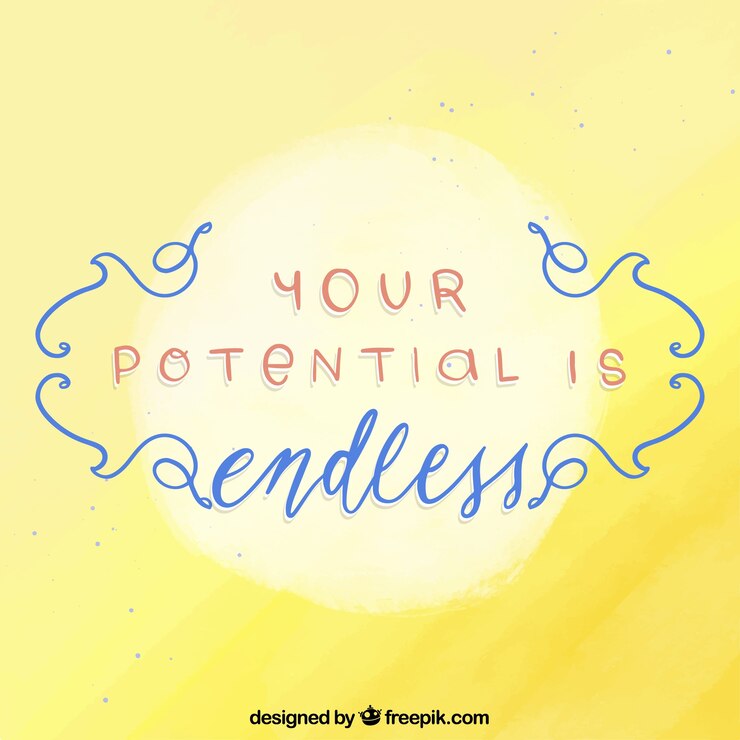
Step 5: Start taking action (with practical steps)
Now comes the fun part – actually making changes. But remember, we’re thinking small and sustainable, not dramatic and overwhelming. The key is choosing practices you can do consistently, even on difficult days.
For physical health focus:
Week 1-2: Energy foundation:
- Micro-habit: Add one extra glass of water when you wake up.
- Movement: Take a 10-minute walk after lunch (not a 60-minute gym session).
- Sleep: Go to bed 15 minutes earlier than usual.
- Nutrition: Replace one processed snack with something whole (apple, nuts, yogurt).
Reflection questions (daily 5-minute check-in):
- How is my energy today compared to last week?
- What physical sensations am I noticing in my body?
- Which small change is feeling most natural?
Week 3-4: Building momentum
- Upgrade your current habits: Add 5 more minutes to your walk, one more glass of water.
- Body awareness: Notice how different foods and activities affect your energy.
- Celebration: Acknowledge every time you choose the healthier option.
For mental/emotional health focus:
Week 1-2: Awareness building
- Self-talk tracking: Notice and write down harsh thoughts for one week (no judgment, just data).
- Emotional check-ins: Ask yourself “How am I feeling right now?” three times per day.
- Breathing: Practice three deep breaths whenever you feel overwhelmed.
- Kindness practice: Treat yourself like you would a good friend having the same struggle.
Daily reflection questions:
- What did I notice about my thought patterns today?
- When was I kindest to myself today?
- What emotion showed up most often?
Week 3-4: Reframing practice
- Challenge negative thoughts: When you catch harsh self-talk, ask “Is this thought helpful? What would I tell a friend?”
- End-of-day wins: Write down one thing you handled well each day.
- Self-compassion phrase: Create a go-to phrase for difficult moments (“I’m learning and that’s enough”)
For relationships focus:
Week 1-2: Connection foundation
- Daily reach-out: Send one genuine text to someone you care about each day.
- Presence practice: Put your phone away during conversations.
- Curiosity: Ask “How are you really doing?” instead of just “How are you?”
- Gratitude: Express specific appreciation to one person each day.
Daily reflection questions:
- How present was I in my conversations today?
- When did I feel most connected to someone?
- What patterns do I notice in how I relate to others?
Week 3-4: Boundary building:
- Say no practice: Decline one small request that drains you.
- Express needs: Ask for help or support in one small way.
- Conflict skills: Practice saying “I see it differently” instead of avoiding disagreement.
For career/purpose focus:
Week 1-2: Exploration phase
- Skills inventory: List what you’re naturally good at and what energizes you.
- Value alignment: Notice which parts of your current work feel meaningful.
- Learning: Spend 15 minutes per week learning something related to your interests.
- Connection: Reach out to one person in your field of interest each week (LinkedIn message, email, or text).
Daily reflection questions:
- What parts of my day felt most engaging?
- When did I feel most competent and confident?
- What would I do if I knew I couldn’t fail?
- What aspect of work energized me most today?
Week 3-4: Small experiments
- Side project: Spend 10-15 minutes daily on something personally meaningful (even if it’s just brainstorming).
- Skill building: Practice one career-relevant skill for 10 minutes daily.
- Career exploration: Research one new career path or business idea for 10 minutes daily.
For personal growth focus:
Week 1-2: Learning foundation
- Reading: 10 minutes before bed instead of scrolling phone.
- Journaling: Three morning questions: “How do I feel? What do I need today? What am I grateful for?”
- Curiosity: Ask “What can this teach me?” when facing challenges.
- Reflection: Spend 5 minutes each Sunday reviewing what you learned that week.
Daily reflection questions:
- What did I learn about myself today?
- What challenged me and how did I respond?
- What am I becoming more aware of?
Week 3-4: Integration practice
- Apply learning: Take one action based on something you’ve read or reflected on.
- Pattern recognition: Notice your personal patterns and what triggers different responses.
- Goal alignment: Ensure your daily actions connect to your larger vision.
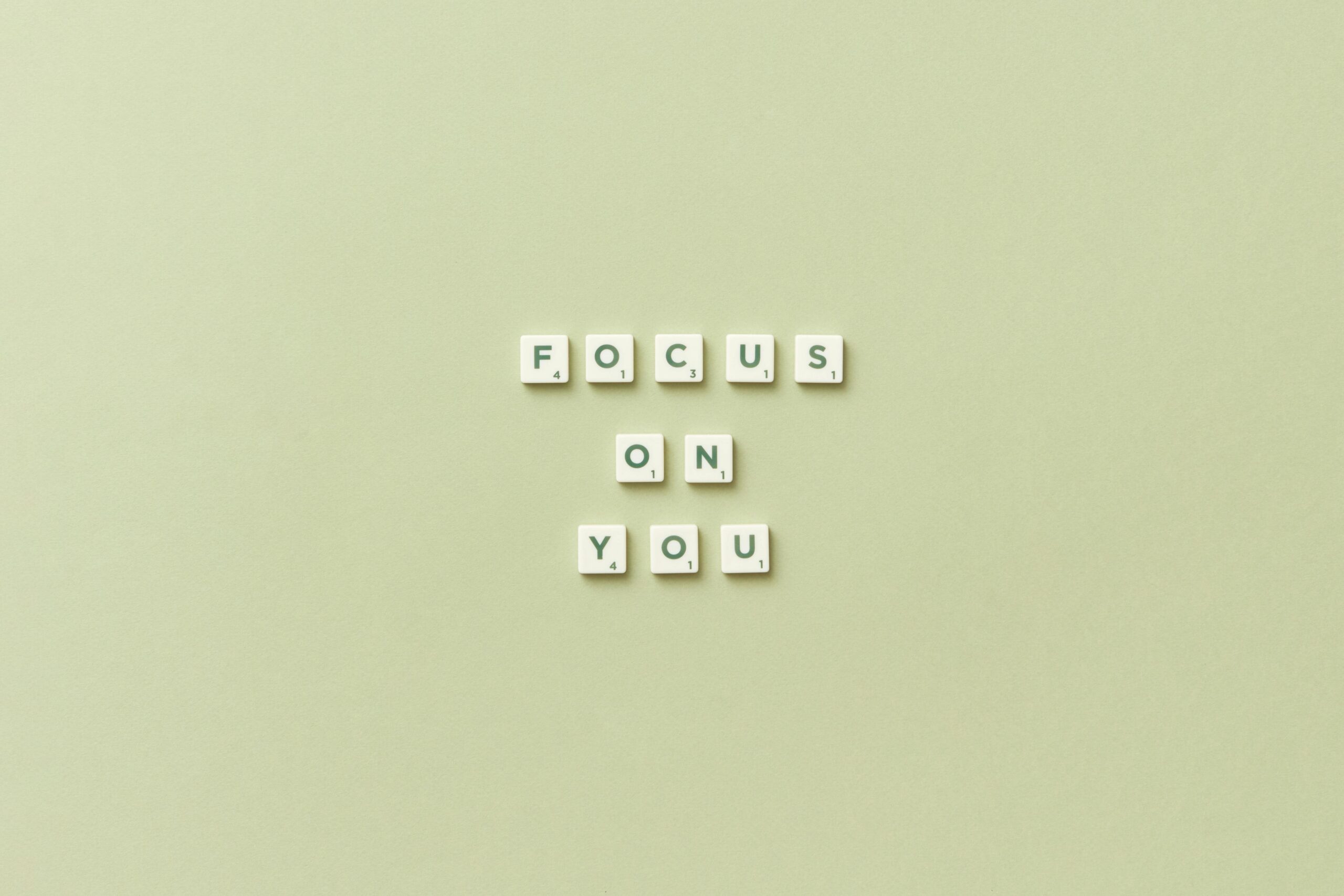
Universal success principles for any area
- Start ridiculously small: If you can’t maintain it, it’s too big.
- Stack habits: Attach new behaviors to existing routines.
- Track simply: Use a basic checklist or journal.
- Celebrate micro-wins: Acknowledge every small step forward.
- Plan for setbacks:** Decide in advance how you’ll restart when you miss days.
Staying consistent and motivated (when the initial excitement fades)
Motivation is unreliable. It shows up when you’re inspired and disappears when life gets challenging. Sustainable self development doesn’t depend on feeling motivated – it depends on building systems that work even when you don’t feel like it.
Celebrate small wins
Your brain notices what you pay attention to. If you only celebrate big milestones, you’ll miss the daily progress that actually creates change.
Did you choose a salad over fast food? Win. Did you catch yourself in negative self-talk and reframe it? Win. Did you go for that 10-minute walk even though you didn’t feel like it? Win.
Write these down. Your brain needs evidence that your efforts are working.
Don’t compare your journey to others
Social media shows everyone’s highlight reel, not their behind-the-scenes struggles. The person posting about their 5 AM workout routine isn’t showing you the days they hit snooze five times.
Your pace is your pace. Your challenges are your challenges. Your progress is your progress. Comparison is the thief of joy and the killer of motivation.
Remember this is lifelong, not a project
Self development isn’t something you complete and check off your list. It’s an ongoing relationship with yourself and your growth.
This takes the pressure off needing to “get it right” immediately. You can experiment, adjust, try new things, and change direction as you learn more about yourself.
Review your progress monthly
Set a recurring reminder to re-score your life areas and reflect on your growth. Ask yourself:
- What’s improved since last month?
- What challenges have I navigated better?
- What’s working well in my current approach?
- What needs adjustment?
- What do I want to focus on next month?
This keeps you connected to your progress and helps you course-correct before you get too far off track.
Build in flexibility
Life happens. You’ll have busy weeks, challenging periods, and times when you can’t maintain your usual practices. Plan for this instead of treating it as failure.
What’s the minimum viable version of your growth practice? If you can’t do your 10-minute walk, can you at least walk to the mailbox? If you can’t journal for 5 minutes, can you write one sentence about your day?
Having backup plans prevents all-or-nothing thinking that derails progress.
Common mistakes that keep people stuck
Most people fail at self development not because they lack willpower, but because they make these predictable mistakes. Understanding these traps can save you months of frustration.
Trying to “fix” everything at once
You decide Monday is the day you’ll wake up at 5 AM, meditate, journal, exercise, eat perfectly, and completely overhaul your mindset. By Wednesday, you’ve abandoned everything and feel worse about yourself than when you started.
Reality check: Your brain resists dramatic change because it feels threatening. Small, sustainable changes stick. Everything-at-once approaches fail.
Copying someone else’s journey
You see someone’s morning routine on TikTok or read about a CEO’s habits and try to replicate their exact system. When it doesn’t fit your life, you assume you’re doing something wrong.
Reality check: What works for someone else might be completely wrong for you. Your values, schedule, energy patterns, and life circumstances are unique. Your self development journey should be too.
Expecting instant results
You try journaling for a week and wonder why you don’t feel completely transformed. You read a self-help book and expect your entire mindset to shift immediately.
Reality check: Real personal growth takes time. The most meaningful changes often happen gradually, in ways you don’t notice day-to-day but become obvious when you look back months later.
Focusing only on surface-level hacks
You obsess over morning routines, productivity tricks, and optimization tips without ever doing the deeper work of understanding yourself.
Reality check: Tactics without self-awareness are just busy work. You can have the perfect morning routine and still feel unfulfilled if you don’t know what you actually want from life.
Skipping the reflection phase
You jump straight into action without taking time to understand where you are now or where you want to go. You stay busy but never feel like you’re making meaningful progress.
Reality check: You can’t navigate toward a destination without knowing your starting point. Self-awareness isn’t a luxury – it’s the foundation everything else builds on.
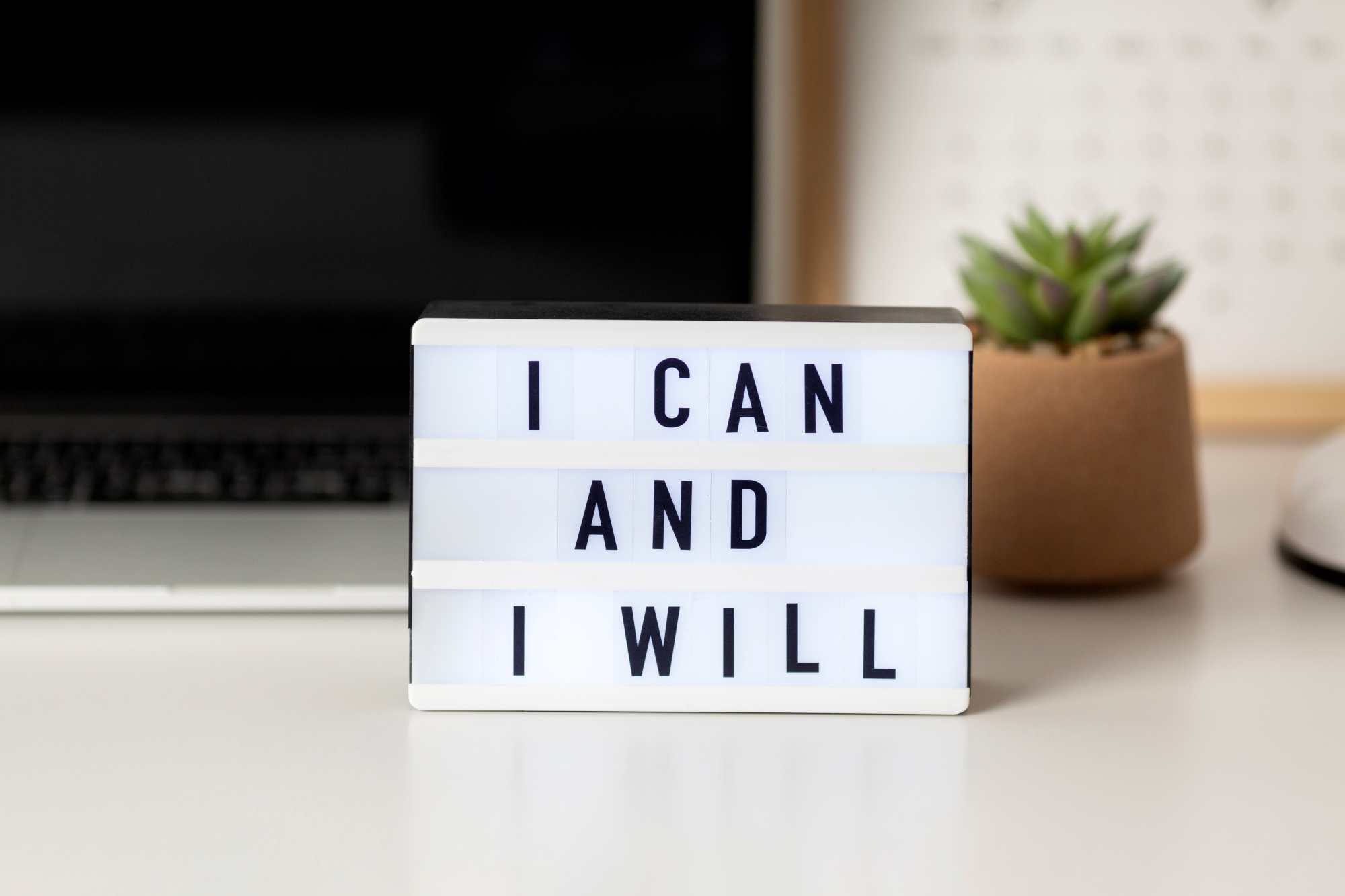
Final encouragement: You already have everything you need
Self development isn’t about becoming someone else – it’s about uncovering who you already are beneath the layers of doubt, fear, and conditioning.
You don’t need to have it all figured out before you start. You don’t need the perfect plan, the right mood, or more time. You just need to begin where you are, with what you have, in whatever small way feels manageable.
Every person who seems “naturally” confident, successful, or self-aware started exactly where you are now – uncertain, a little overwhelmed, but willing to take the first step.
Your future self isn’t some distant, unattainable version of you. They’re the person you become through small, daily choices to grow instead of staying the same.
The most powerful transformation doesn’t happen through dramatic life overhauls. It happens in quiet moments when you choose self-compassion over self-criticism, when you take action despite feeling scared, when you honor your values even when it’s inconvenient.
You’re not behind. You’re not too late. You’re not missing some secret everyone else knows. You’re exactly where you need to be to begin becoming who you’re meant to be.
The question isn’t whether you’re ready. The question is: what’s one small step you can take today?
Your self development journey starts now. What will your first step be?
Ready to go deeper?
This framework gives you a solid foundation to start your self development journey. If you want daily structure, accountability, and deeper practices to accelerate your progress, I’ve created 30-day workbook bundles that build on these concepts.
Each bundle contains 4 workbooks focused on self development with daily exercises, reflection prompts, and step-by-step guidance designed to create lasting change through small, consistent actions.
Available bundles:
- Procrastination and productivity bundle – Include Self-discipline, Beat procrastination, Productivity, and Decision-making workbooks.
- Self-love bundle – Include Letting go, Self-love foundations, Self-compassion, and Daily self-love rituals workbooks.
- Self-worth bundle – Include Confidence, Limiting beliefs, Self-Trust & Decision-Making, and Boundaries & Saying No
- Mindset and motivation bundle – Include Mental reset, Find your direction, Purpose and goal-setting, and Identity shift workbooks.
- Emotional resilience and mental strength bundle – Include Overthinking detox, Become your own cheerleader, Emotional resilience, and Stress management.
The beauty of structured programs is that they remove the guesswork. Instead of wondering what to do next, you have a clear daily practice designed to create lasting transformation.
Your journey starts with whichever step feels most true to take today. What will that be?

